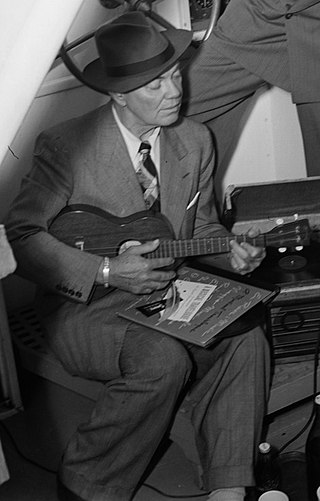
Known For: American musician and actor
Category: Actors
Occupation: actor, recording artist, guitarist, jazz musician, dub actor, singer, voice actor, ukulelist
Country: United States of America
City: Hannibal
Date of Birth: Friday, 14 June 1895
Died: 1971-07-17 00:00:00 in Q34006
Also known as Ukelele Ike
Clifton Avon "Cliff" Edwards, nicknamed "Ukulele Ike", was an American musician and actor. He enjoyed considerable popularity in the 1920s and early 1930s, specializing in jazzy renditions of pop standards and novelty tunes. He had a number one hit with "Singin' in the Rain" in 1929. He also did voices for animated cartoons later in his career, and he is best known as the voice of Jiminy Cricket in Walt Disney's Pinocchio (1940) and Fun and Fancy Free (1947), and Dandy (Jim) Crow in Walt Disney's Dumbo (1941).
| BirthPlace | Hannibal |
| Awards | Q1150306, Q81180 |
| Spouses | Judith Barrett |
| Wikipedia | Cliff_Edwards |
Edwards was born in Hannibal, Missouri. He left school at age 14 and soon moved to St. Louis, Missouri, and Saint Charles, Missouri, where he entertained as a singer in saloons. As many places had pianos in bad shape or none at all, Edwards taught himself to play ʻukulele to serve as his own accompanist (choosing it because it was the cheapest instrument in the music shop). He was nicknamed "Ukulele Ike" by a club owner who could never remember his name. He got his first break in 1918 at the Arsonia Cafe in Chicago, Illinois, where he performed a song called "Ja-Da", written by the club's pianist, Bob Carleton. Edwards and Carleton made it a hit on the vaudeville circuit. Vaudeville headliner Joe Frisco hired Edwards as part of his act, which was featured at the Palace in New York City—the most prestigious vaudeville theater—and later in the Ziegfeld Follies. Edwards made his first phonograph records in 1919. He recorded early examples of jazz scat singing in 1922. The following year he signed a contract with Pathé Records. He became one of the most popular singers of the 1920s, appearing in several Broadway shows. He recorded many of the pop and novelty hits of the day, including "California, Here I Come", "Hard Hearted Hannah", "Yes Sir, That's My Baby", and "I'll See You in My Dreams". In 1924, Edwards performed as the headliner at the Palace, the pinnacle of his vaudeville success. That year he also featured in George and Ira Gershwin's first Broadway musical Lady Be Good, alongside Fred and Adele Astaire. As a recording artist, his hits included "Paddlin’ Madeleine Home" (1925), "I Can't Give You Anything but Love" (1928), and the classic "Singin' in the Rain" (1929), which he introduced. Edwards's own compositions included "(I'm Cryin' 'Cause I Know I'm) Losing You", "You're So Cute (Mama o' Mine)", "Little Somebody of Mine", and "I Want to Call You 'Sweet Mama'". He also recorded a few "off-color" novelty songs for under-the-counter sales, including "I'm a Bear in a Lady's Boudoir", "Mr. Insurance Man", and "Give It to Mary with Love". Edwards, more than any other performer, was responsible for the soaring popularity of the ʻukulele. Millions of ʻukuleles were sold during the decade, and Tin Pan Alley publishers added ʻukulele chords to standard sheet music. Edwards always played American Martin ukuleles, favoring the small soprano model in his early career. In his later years, he moved to the larger tenor ʻukulele, which was becoming popular in the 1930s. Edwards continued to record until shortly before his death in 1971. His last record album, Ukulele Ike, was released posthumously on the independent Glendale label. He reprised many of his 1920s hits; his failing health was however evident in the recordings.